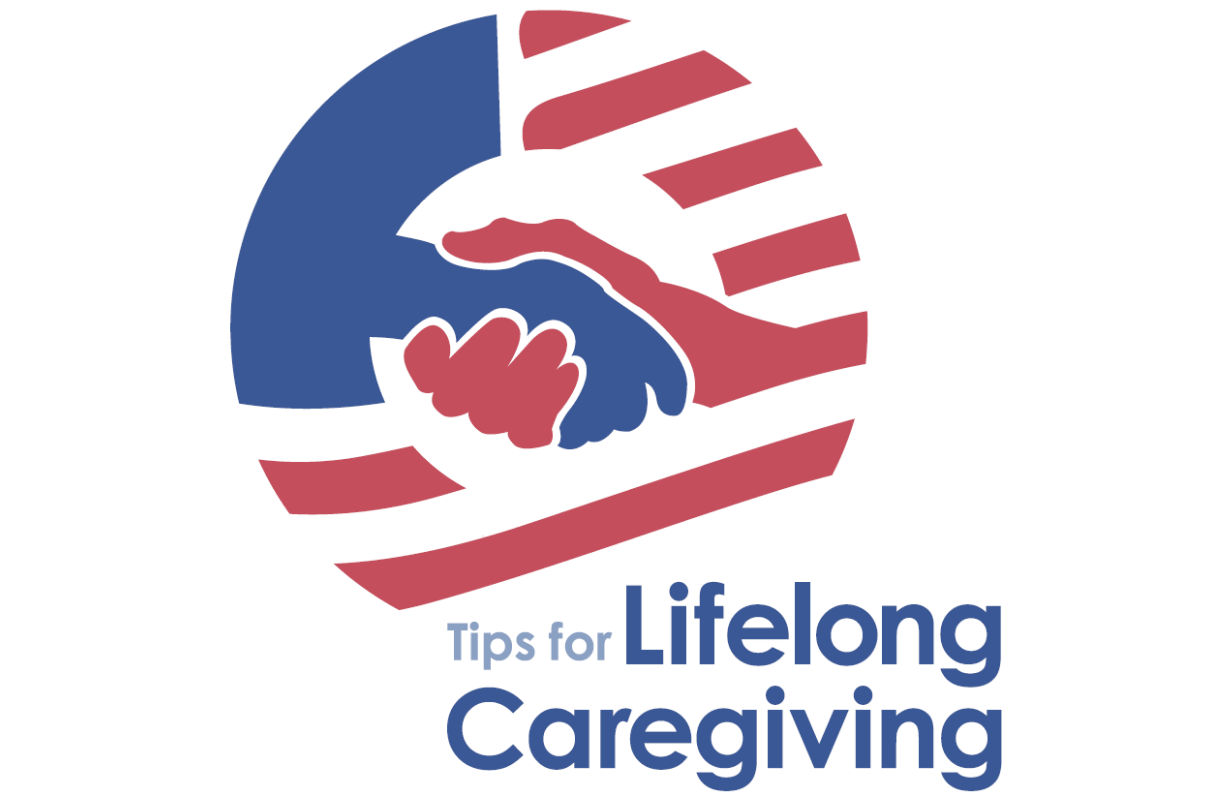By René Campos and Andrea Sawyer, Advocacy Director, Wounded Veteran Family Care Program, Quality of Life Foundation
A bipartisan Senate bill introduced March 6 would strengthen employment and health care benefits offered to eligible caregivers, and could make it easier for these providers to save for retirement and better prepare for their financial future.
Sen. Jerry Moran (R-Kan.), ranking member of the Senate Veterans’ Affairs Committee, joined with Sen. Kyrsten Sinema (I-Ariz.) in introducing S. 3885, the Veteran Caregiver Reeducation, Reemployment, and Retirement Act. The bill would allow for a study on the feasibility of creating a pathway for caregivers to contribute to their own Social Security and personal retirement accounts; would provide employment benefits and transition assistance to caregivers; and would extend Civilian Health and Medical Program of the Department of Veterans Affairs (CHAMPVA) health coverage for eligible primary caregivers.
[TAKE ACTION: Ask Your Senators to Support S. 3885]
“So often caregivers are the forgotten heroes, yet they provide life-saving care to the veterans they love,” said MOAA President and CEO Lt. Gen. Brian T. Kelly, USAF (Ret). “MOAA greatly appreciates Senators Moran and Sinema championing the Veteran Caregiver Reeducation, Reemployment, and Retirement Act as a tangible way to acknowledge the sacrifices of caregivers enrolled in VA’s Program of Comprehensive Assistance for Family Caregivers. We urge Congress to pass this important legislation to study the feasibility of creating successful financial pathways that are greatly needed for caregivers.”
An Unintended Consequence
The original legislation establishing the VA Program of Comprehensive Assistance for Family Caregivers (PCAFC) in 2011 allowed for a monthly personal stipend to be paid to a designated primary caregiver for providing personal care services to their veteran. No other program of its kind existed then in other U.S. health systems … and it remains unique to this day.
At the time, Congress and other organizations like MOAA and our partner the Quality of Life Foundation (QoLF) were keenly focused on helping caregivers of seriously wounded, ill, and injured veterans. Congress directed the VA to pay the stipend, which was considered “unearned income,” directly to the caregiver rather than the veteran.
This designation means caregivers cannot contribute to Social Security and personal retirement accounts, a problem made worse for most veteran households where all income is considered “unearned” – the caregiver stipend, VA disability compensation, Social Security Disability and Supplemental Security Income Programs, and Combat-Related Special Compensation, for example.
This concern first surfaced at a Warrior-Family Roundtable in November 2011 addressing DoD, VA, and community wounded warrior and family-caregiver support.
[RELATED: A Fresh Look at MOAA Priorities for Caregivers and Veterans in the 118th Congress]
MOAA thanks the QoLF for bringing this issue to the attention of Congress and sharing these examples of caregivers’ experiences with income insecurity because of the original legislation:
- A 22-year-old South Dakota caregiver was in her first year of teaching when her husband suffered a severe traumatic brain injury, blinding him and leaving him in need of 24-hour-a-day care. She left her job to care for him; now 40, she’s never been able to return to the workplace. She has no Social Security and no retirement. There is little spousal Social Security benefit for her because her husband’s Social Security earnings stopped in 2006.
- Another caregiver in Georgia, after being enrolled in PCAFC, contributed to a pre-existing retirement account she had set up while working prior to becoming a caregiver. She was trying to be responsible. At the end of the year, she was hit with a tax penalty for making an illegal contribution to a retirement account, then hit with an early withdrawal fee when she was forced to withdraw the money she was not allowed to contribute in the first place.
The Moran-Sinema bill would require a study of the issue to determine a path forward for caregivers to make contributions to Social Security and other types of existing retirement accounts.
Education and Employment Assistance
Caregivers who have been out of the workforce for a significant period of time may have lost employment certifications and training needed to be competitive in the job market. This bill would provide employment benefits and transition assistance such as funding for professional certifications, assess the feasibility of caregivers being allowed to participate in a Department of Labor returnship program, and create a study to explore the VA incorporating former caregivers into the department’s workforce as personal care attendants, which would help fill existing personnel gaps.
Additionally, the legislation extends CHAMPVA health care coverage from 90 to 180 days to eligible caregivers designated as primary providers of personal care upon the death of their veteran or removal from PCAFC.
Act Now!
MOAA and the QoLF have been on the Hill in recent weeks engaging and encouraging Congress to support this legislation and other caregiving bills. MOAA highlighted these and other veterans’ priorities in testimony at a March 13 hearing before the Senate and House Veterans’ Affairs Committees.
Join MOAA and the QoLF in urging Congress to pass the Veteran Caregiver Reeducation, Reemployment, and Retirement Act, along with other important caregiving legislation:
- Elizabeth Dole Home Care Act
- Expanding Veterans’ Options for Long-Term Care Act
- Veteran Caregiver Application and Appeals Reform (CARE) Act
Stay up to date on these legislative efforts and others by visiting MOAA’s Advocacy News page.
 Tips for Lifelong Caregiving
Tips for Lifelong Caregiving
MOAA has partnered with the Elizabeth Dole Foundation to provide an online resource outlining legal and financial support available to multiple generations of caregivers.
